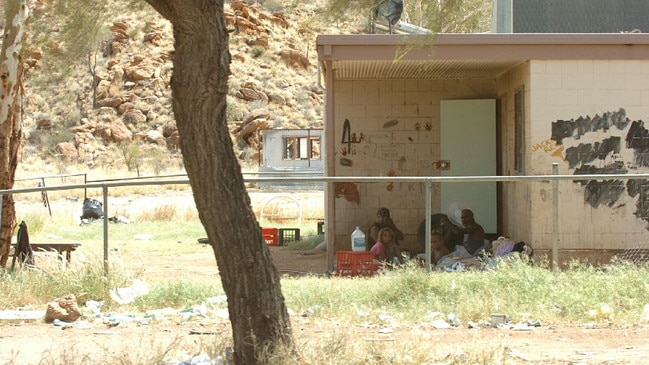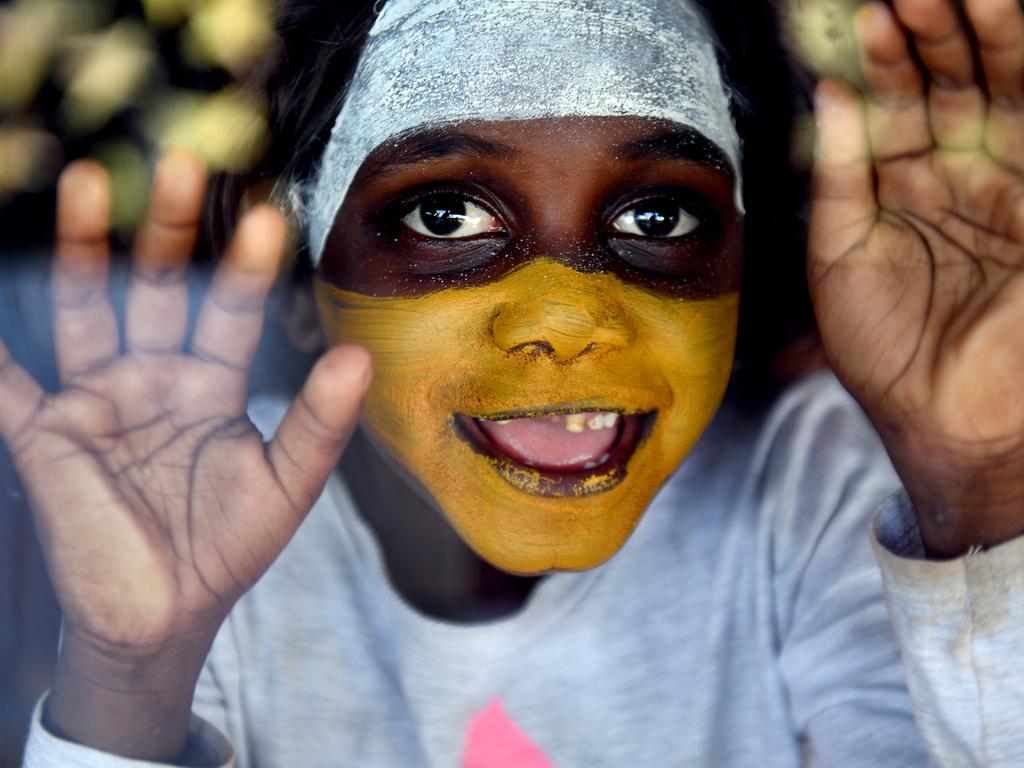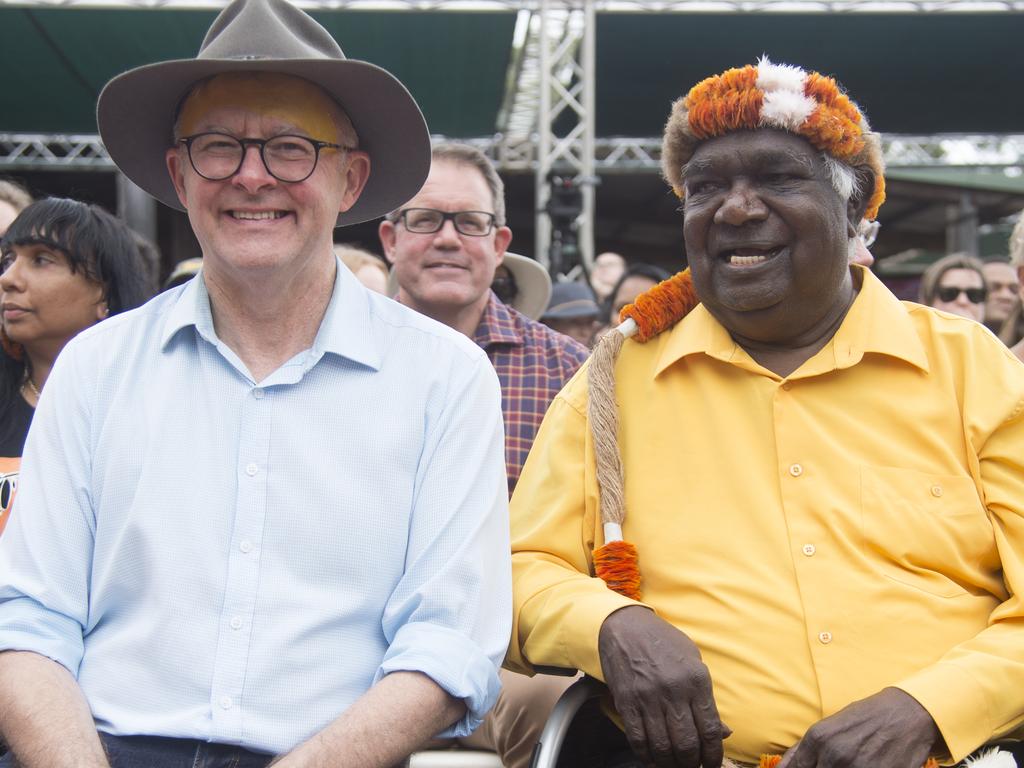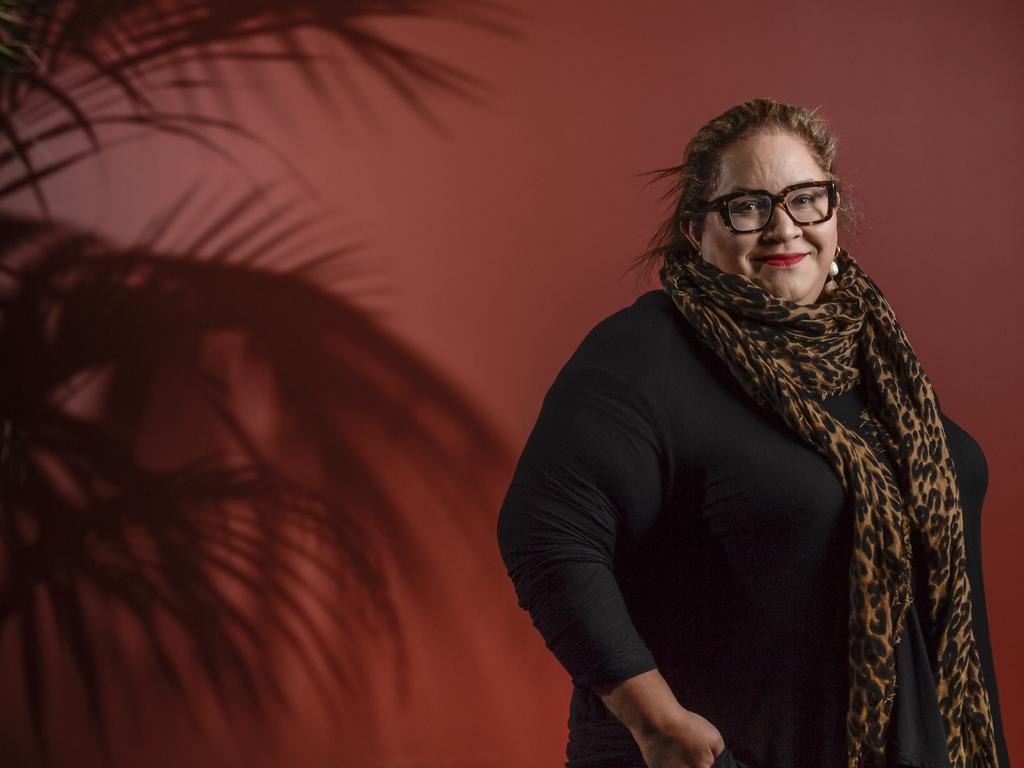Voice must avoid identity politics and talk of treaties

Justification for a body such as the voice, to advise on these and related matters, goes something like this: The gap is not closing because government is not listening to Indigenous voices when they should be, given Indigenous people know what is best for Indigenous people. I see two problems with this argument. First, the claim that being Indigenous somehow gives one the last word on Indigenous matters is highly questionable. This is identity politics and is poison to Indigenous people. Second, where Indigenous affairs are concerned, there are thousands of Indigenous people in positions of influence or authority on all matters that affect the lives of Indigenous Australians. These positions span urban, rural and remote areas. When we look at how government operates, with its many committees and departments that exist to service Indigenous people, and which employ a large number of Indigenous workers, advisers, consultants and experts, I don’t believe we can say Indigenous people are without an Indigenous voice or voices. We even have an Indigenous person as the Minister for Indigenous Australians – that’s a pretty big voice.
An important question for the architects of the voice is: what will the proposed parliamentary voice achieve that the current chorus of Indigenous voices is not achieving or cannot achieve? If the proposed voice can work better than existing voices, fine, but tell us how. My concern is that it will do more of what many of the Indigenous voices are doing in their attempt to close the gap. With the voice, we can expect to see the creation of programs, policies, reports and actions considered “culturally appropriate”. We can expect the voice to give advice on Australia Day, combating the assumed high levels of racism, how to indigenise workplaces, introducing significant changes to the school syllabus, renaming cities, towns, suburbs and streets, and even “decolonising”.
I base my concern partly on the claim in the Langton-Calma report: “The distinct perspectives, aspirations and needs of Aboriginal and Torres Strait Islander peoples need to be heard”, and partly on what I have been observing for years. Common sense and decades of experience tell us virtue-signalling activities do not work. Certainly, teach a balanced view of history, celebrate modern expressions of Indigenous culture and Indigenous achievement, do a welcome to country at significant events. But endless references to colonising influences do not result in Indigenous children completing school, adults working and families thriving. Many Indigenous workers do an outstanding job at the coalface. However, too many are regurgitating the same old ideas, based on identity politics ideology, only to maintain the status quo and their positions, effectively negating the good work done by the former. The voice must abandon old ideas that don’t work, and send the message that Indigenous people thrive when they acquire skills that enable them to become valued contributors.
Many Indigenous Australians possess these skills but far too many do not. Often, they live in areas with limited resources and opportunities. Therefore, the proposed voice must focus on Indigenous Australians who are most disadvantaged and advise how best to support changes that enable growth, development and prosperity, which, at a bare minimum, means having safe communities with access to modern services. Encouragingly, the Langton-Calma report recognises diversity in the Indigenous population, referring to high levels of needs in remote areas, such as lower life expectancy, high levels of socio-economic disadvantage and lack of service infrastructure. But if the voice does get up, it needs to be made up of voices with new ideas for addressing these problems. Continued talks of treaties, sovereignty and colonisation just won’t cut it.
Anthony Dillon is a researcher, part-Aboriginal, and Aboriginal affairs commentator.






While there is much debate about enshrining the Indigenous voice, any critique should start by establishing what its role will be. According to the final report to government by Marcia Langton and Tom Calma (The Langton-Calma Report, 2021): “The national voice would advise on matters of national significance to Aboriginal and Torres Strait Islander peoples relating to their social, spiritual and economic wellbeing.” It can be inferred that relevant matters include “housing, the high rates of incarceration, deaths in custody, suicide, the age of criminal responsibility, domestic violence, the National Disability Insurance Scheme, aged care and remote employment programs”. In principle, I have no problem with government receiving advice on such matters. They are relevant to all Australians, but particularly so, for Indigenous Australians, when considering how to close the gap.